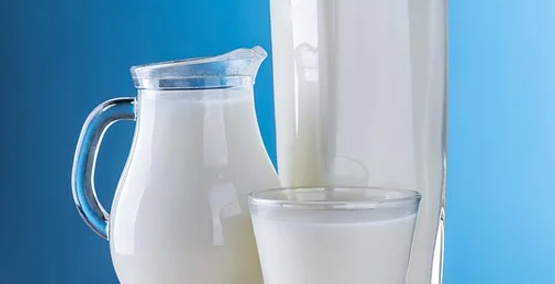
The Latest and greatest treatments for IBD: What to believe
What’s the best IBD medicine for me? Confusion on television and in your inbox....
See moresign up for our newsletter
SubscribeWhen we think of processed foods, often times crackers, cookies, and deli meats (among many others) come to mind. One less obvious processed food item is milk. The milk that we buy at grocery stores is almost always processed through a method known as pasteurization.

Pasteurization occurs when the milk from cows is heated to a high temperature to kill harmful bacteria (like E. coli and Salmonella) that can be naturally found in the raw milk. Unpasteurized, or raw, milk skips this step and goes straight from the utter into the carton. While some people are drawn to the idea of a more "natural" way to drink milk, drinking unpasteurized milk is not recommended for the general population due to the high risk of being contaminated with harmful bacteria. Many health organizations like the CDC especially recommends that pregnant women, infants, or children do not drink unpasteurized milk as the risks of contracting an illness far outweigh the benefits (which can be obtained through drinking the safer choice of pasteurized milk).
Additionally, those who are taking immune acting medicines <<link>> or biologic agents <<link>> for their current illness or disease (like in IBD) should also avoid drinking raw milk because the body's natural defenses will not be as strong to fight any infected milk that has not been pasteurized.
This article, as well as all others, was reviewed and edited by a member of our Medical Advisory Board.
Subscribe Be the first to know